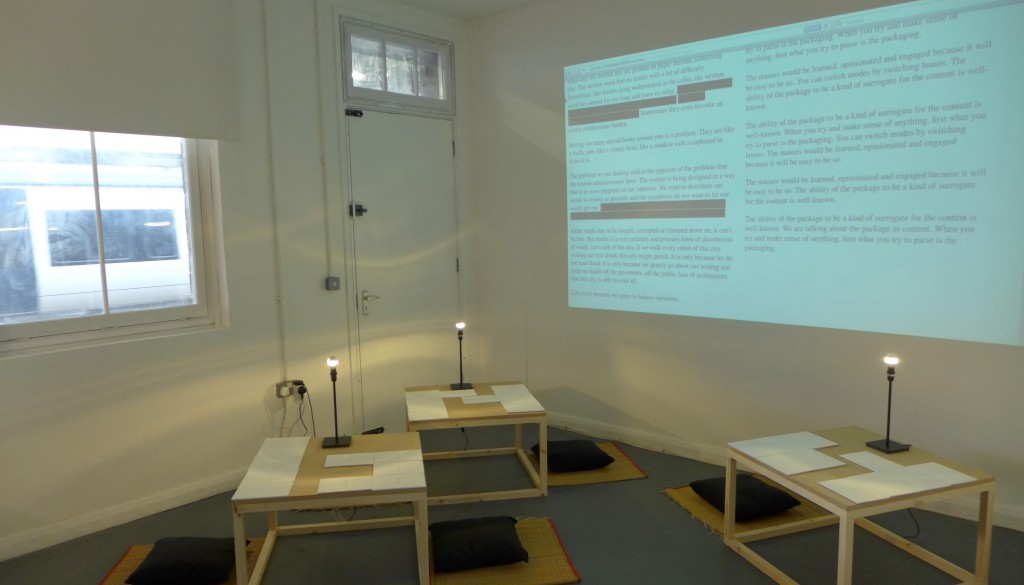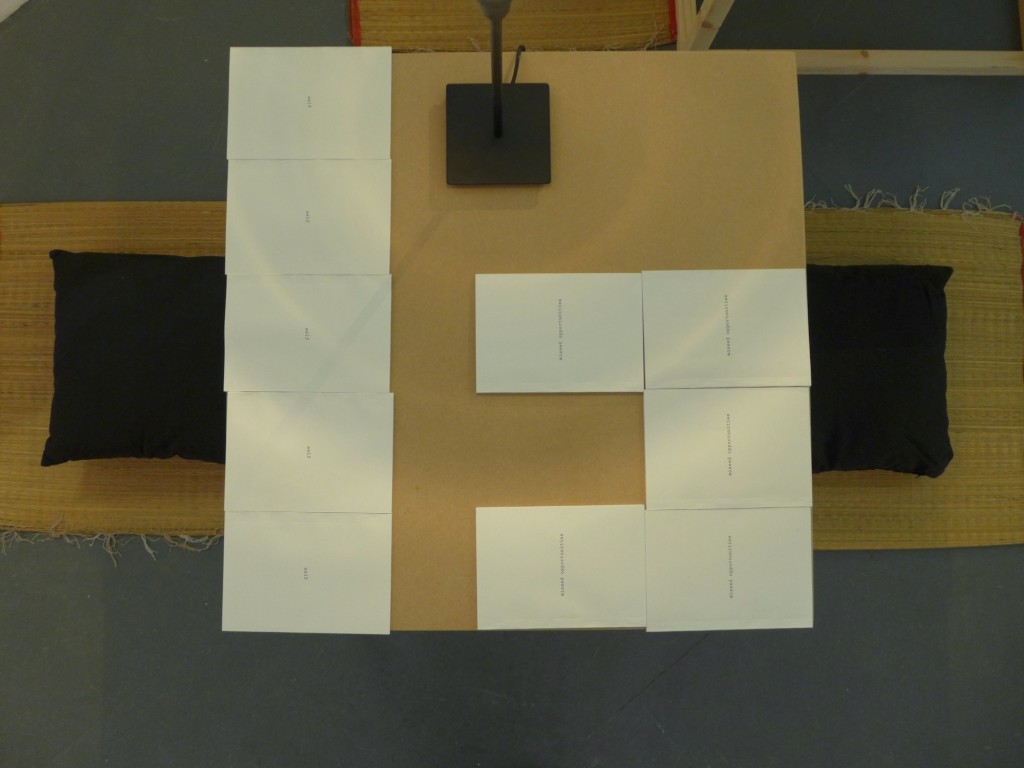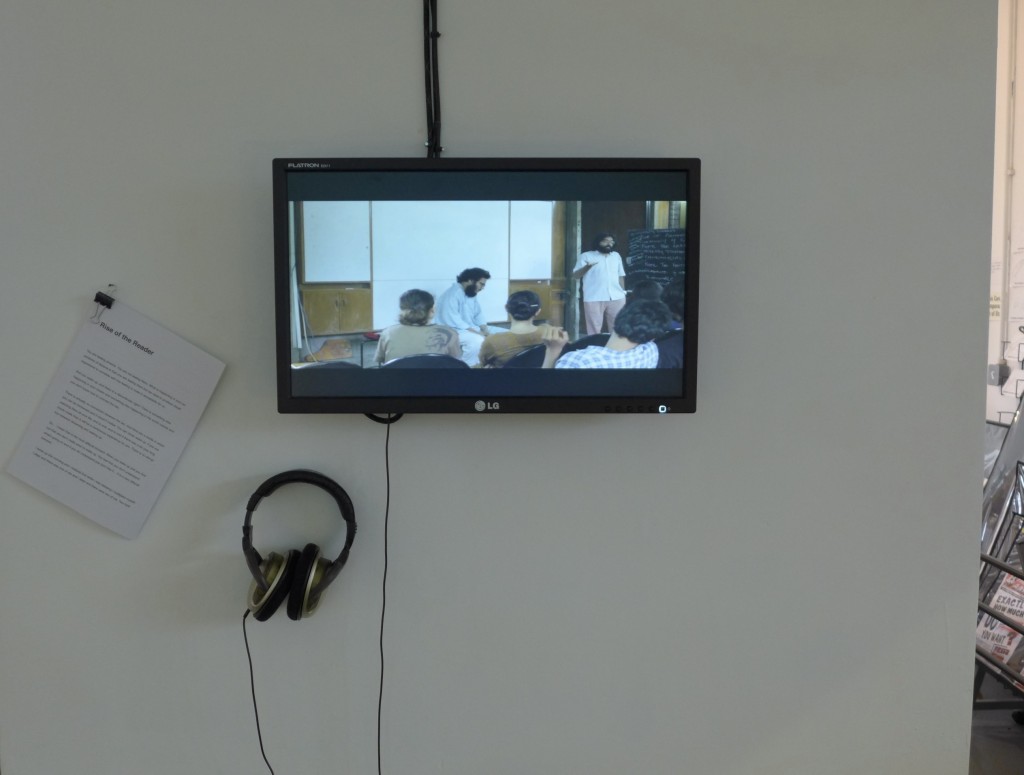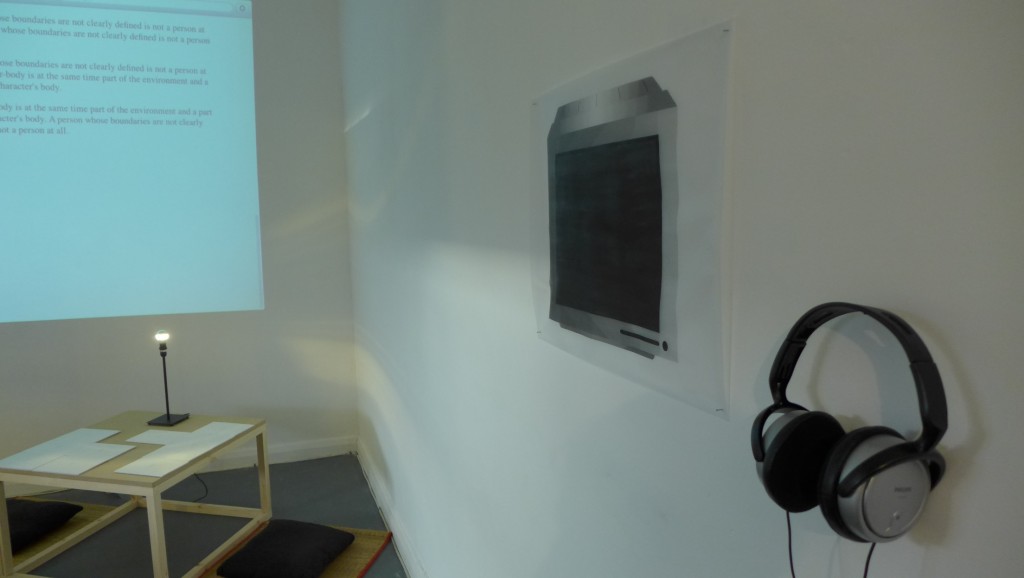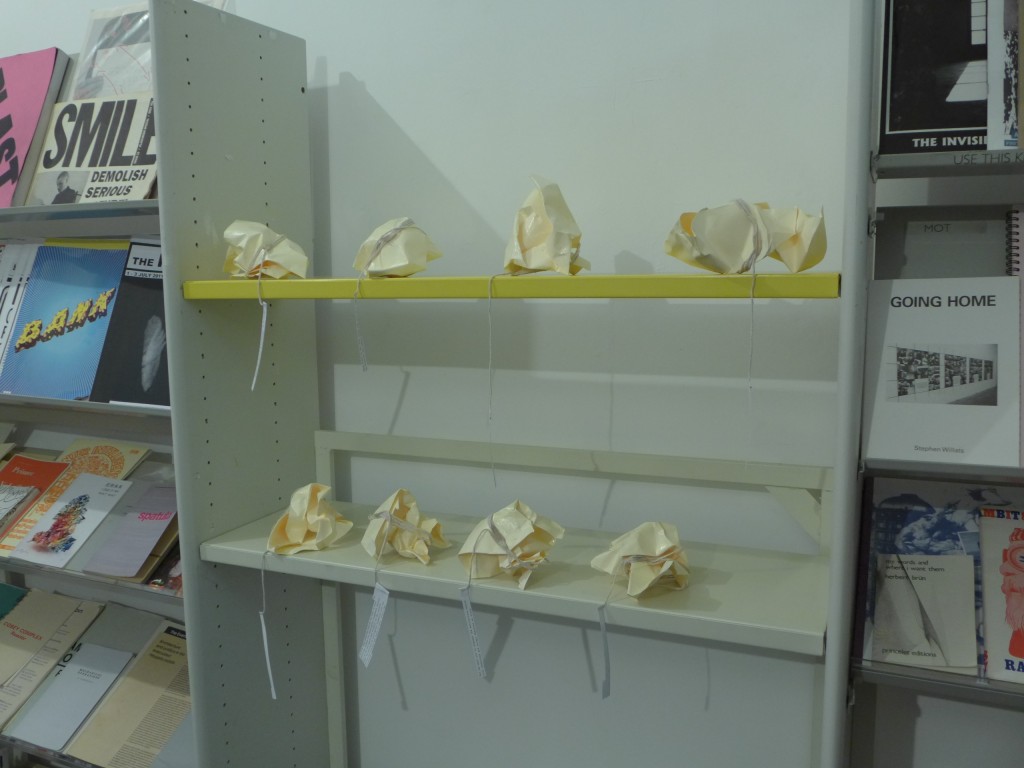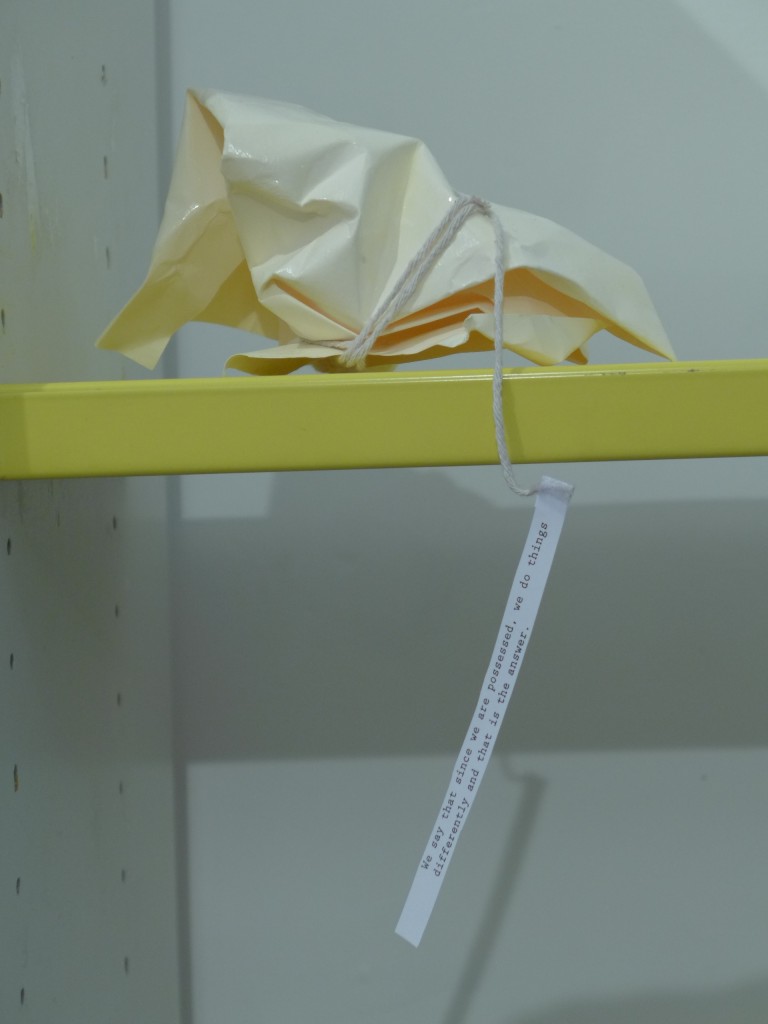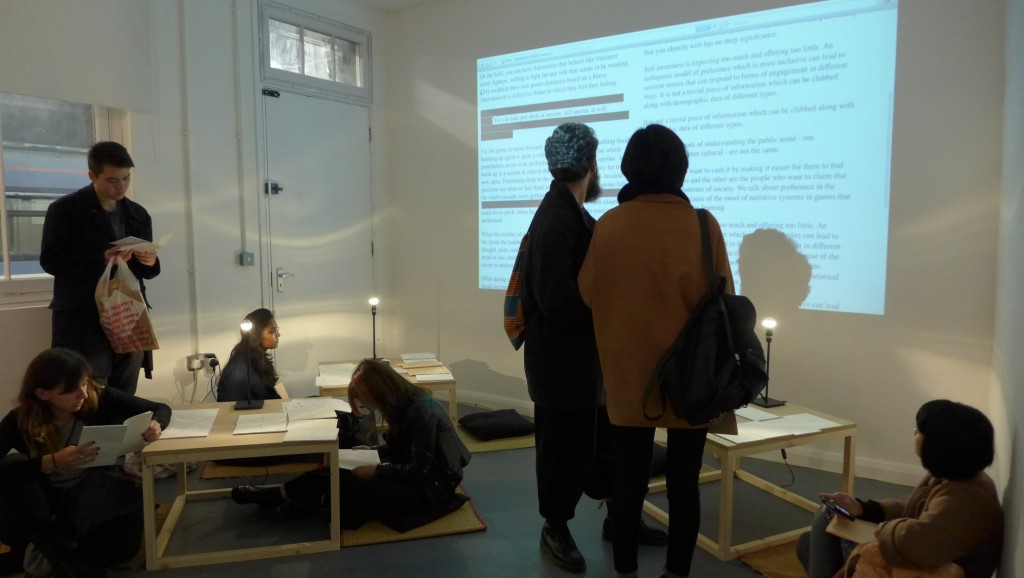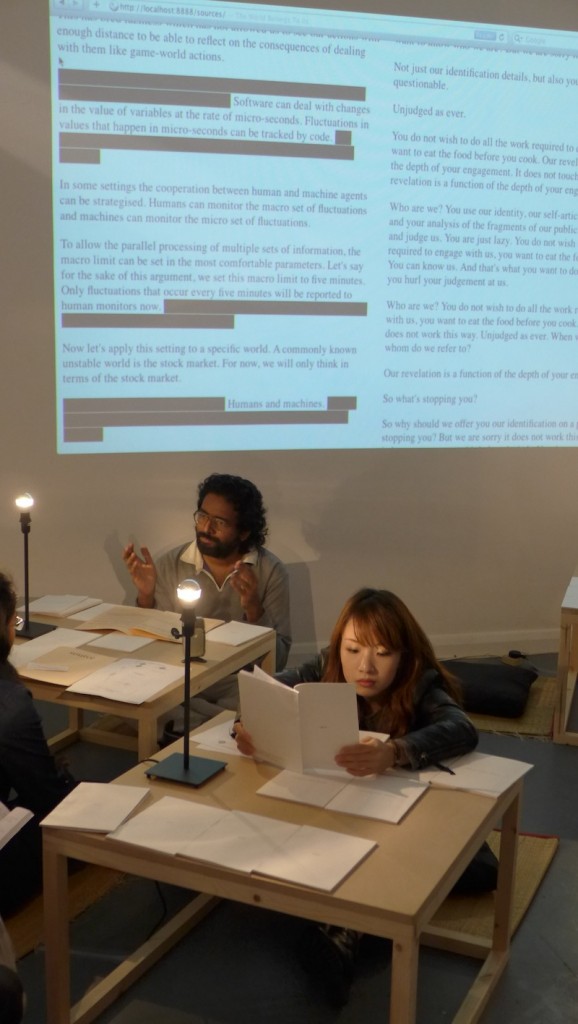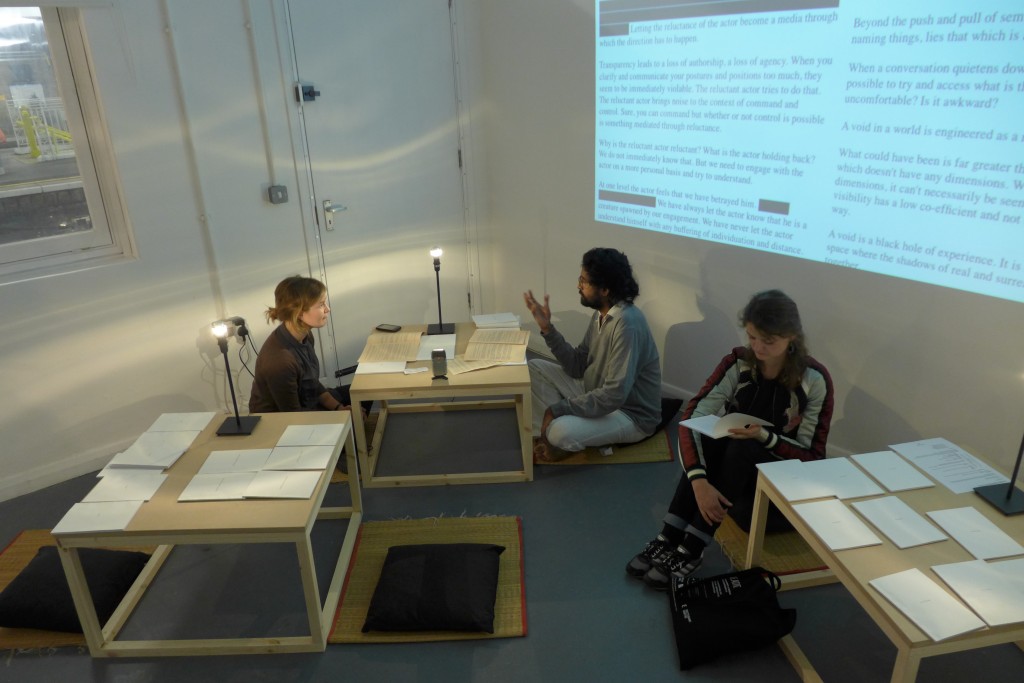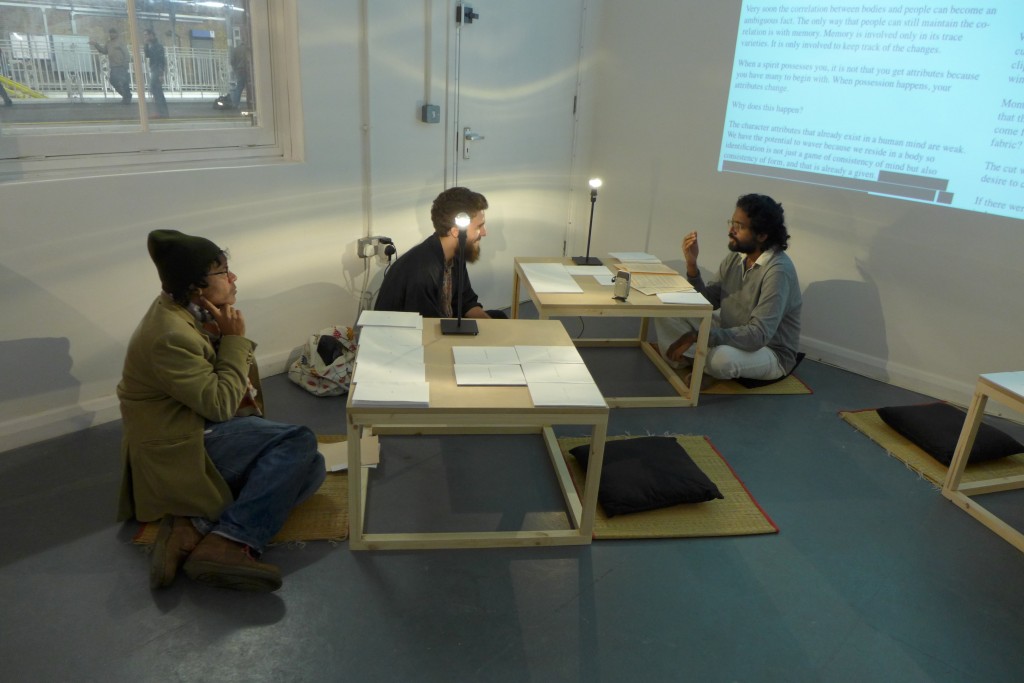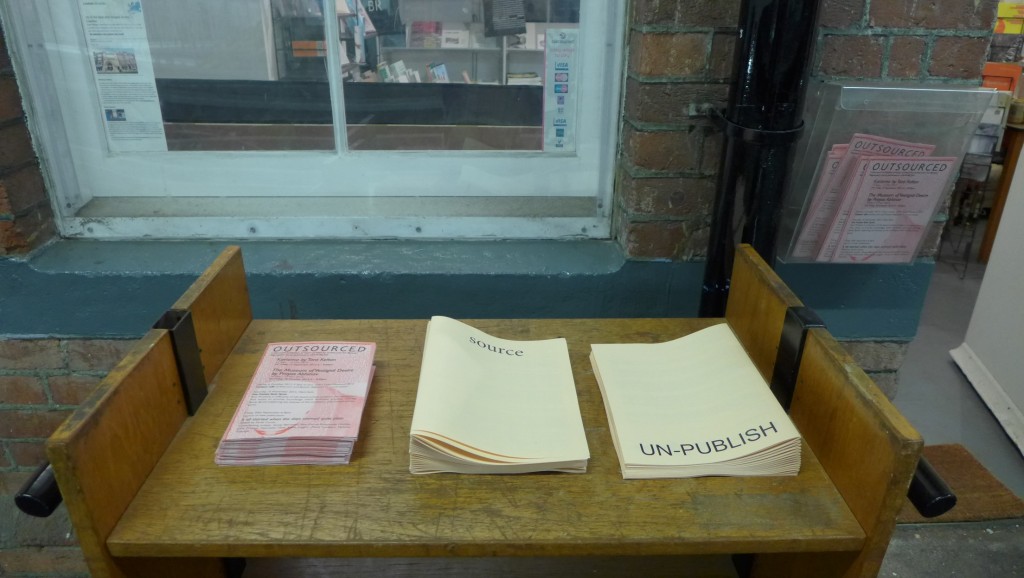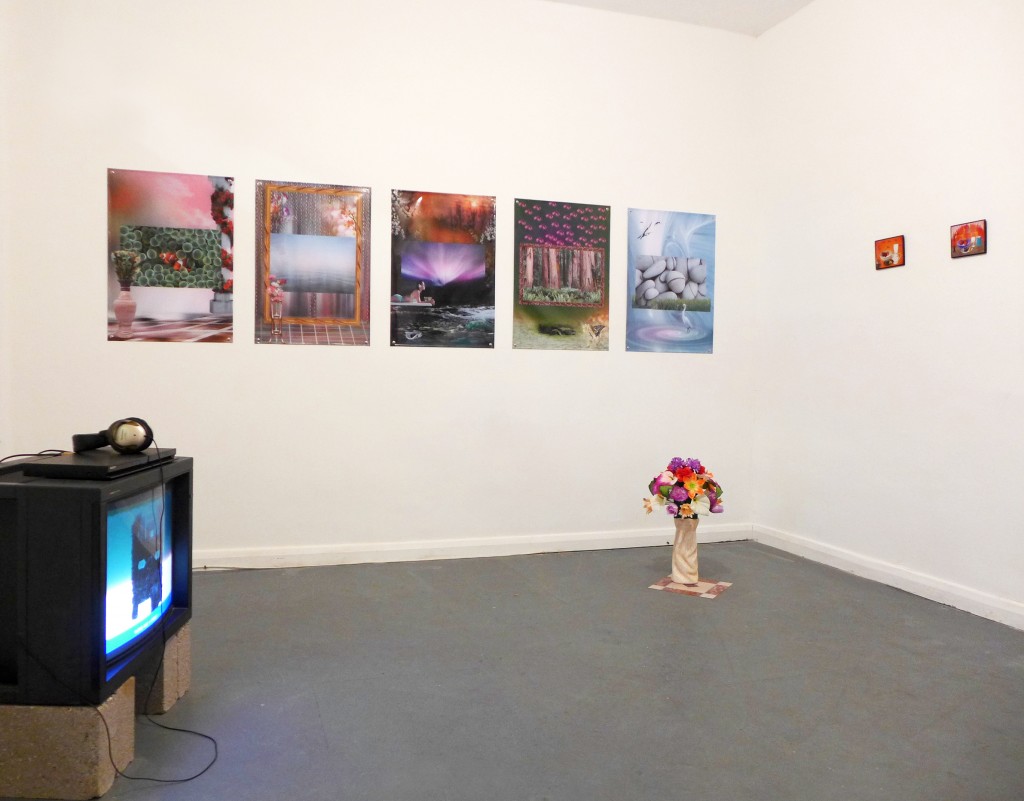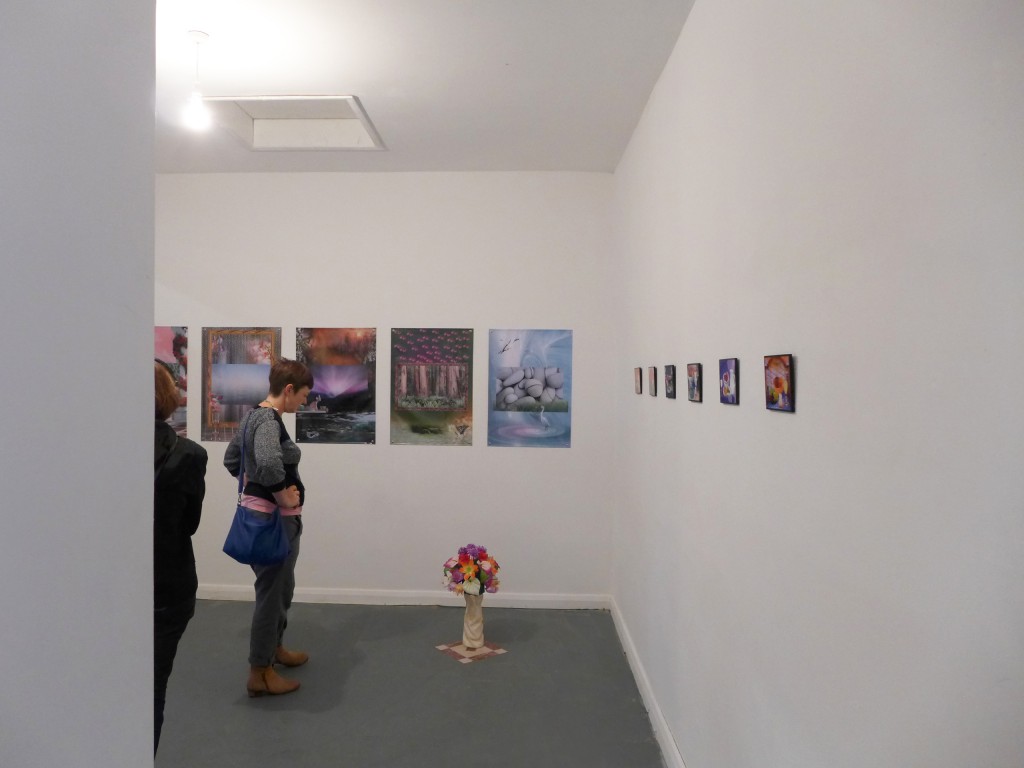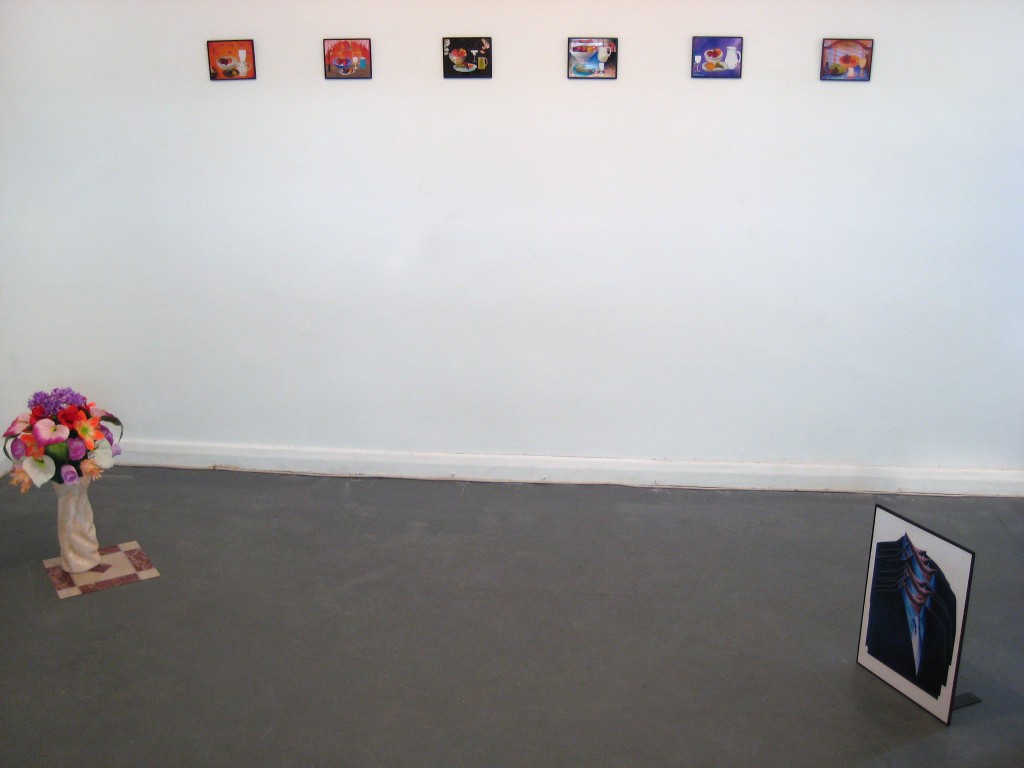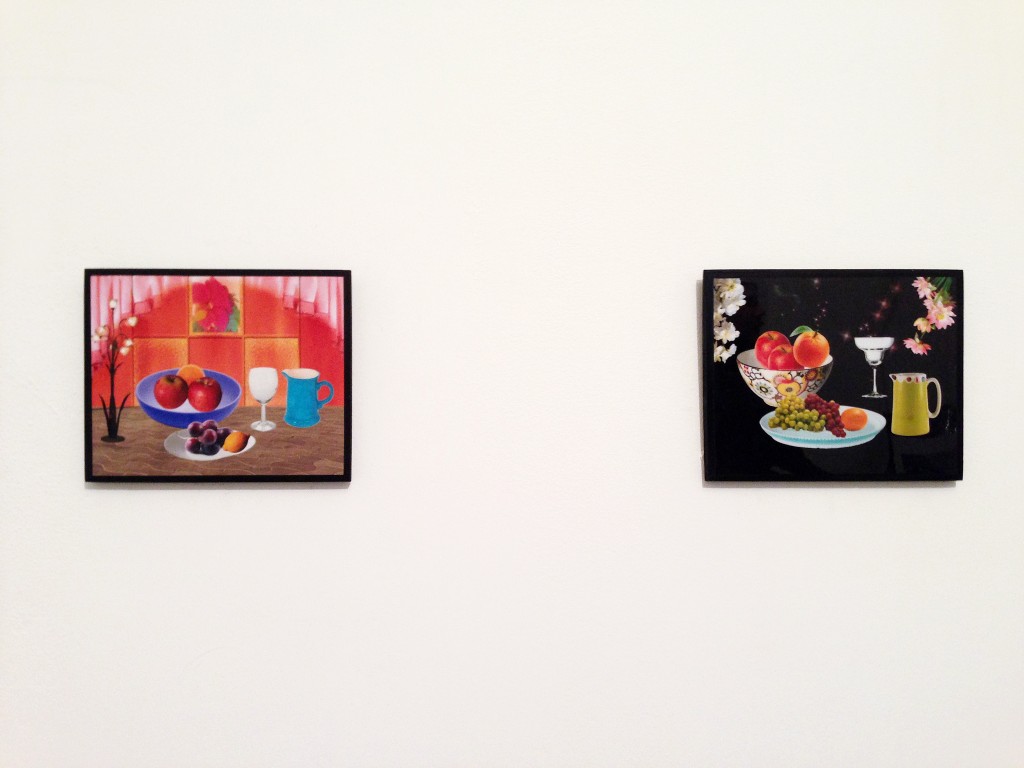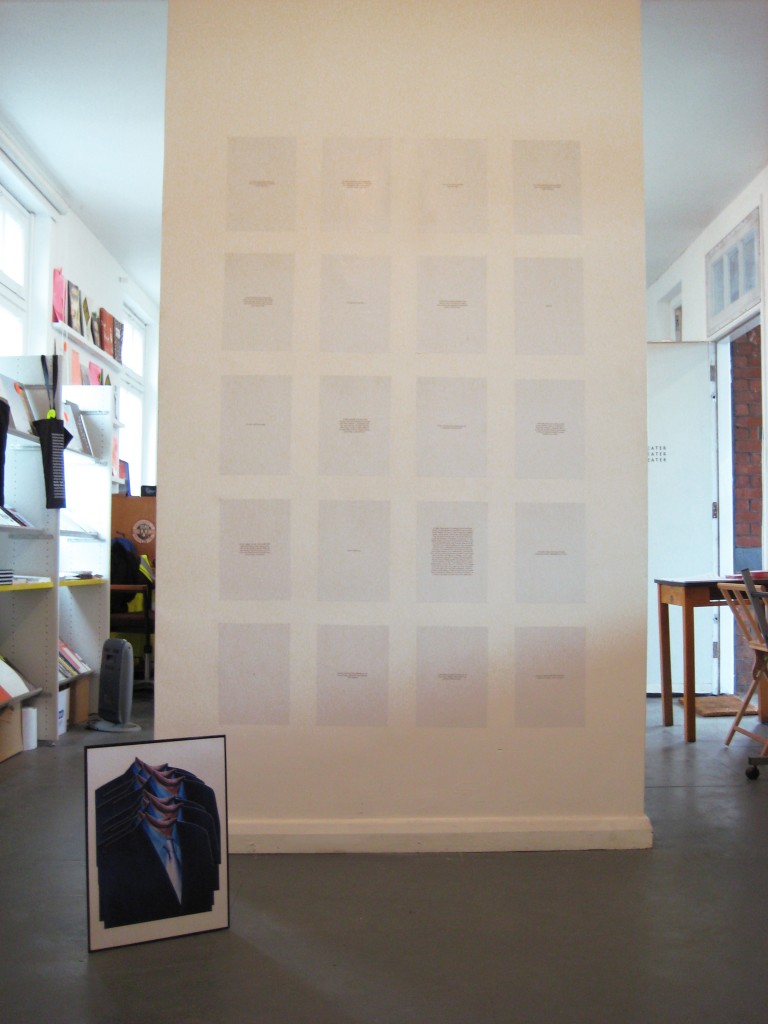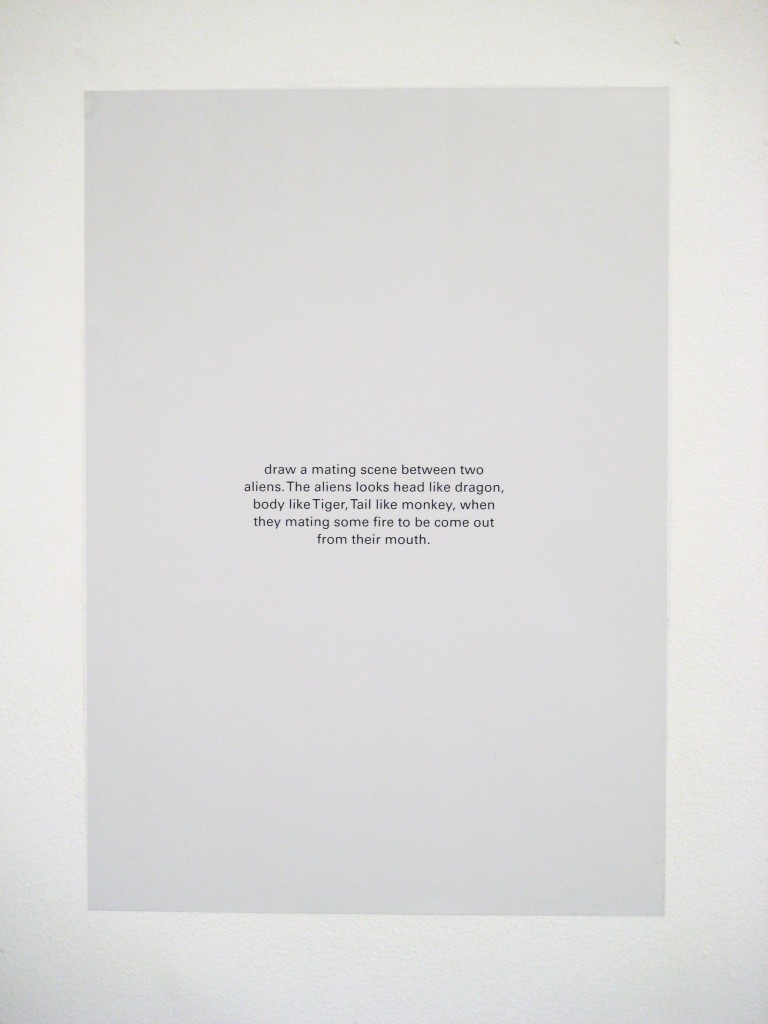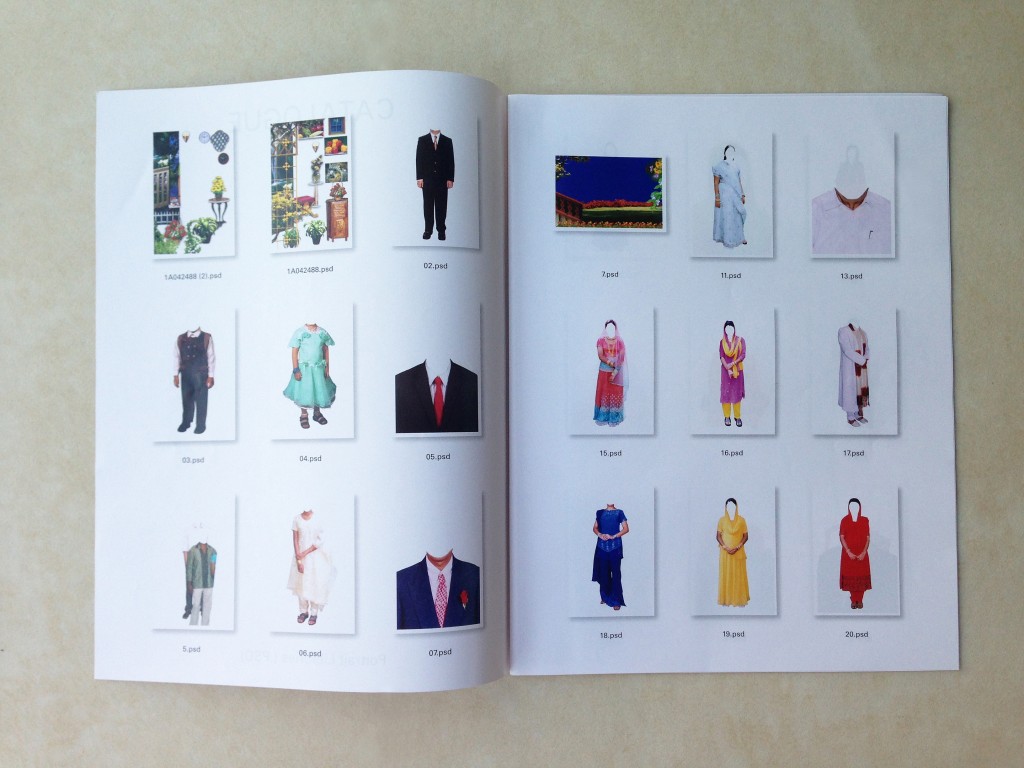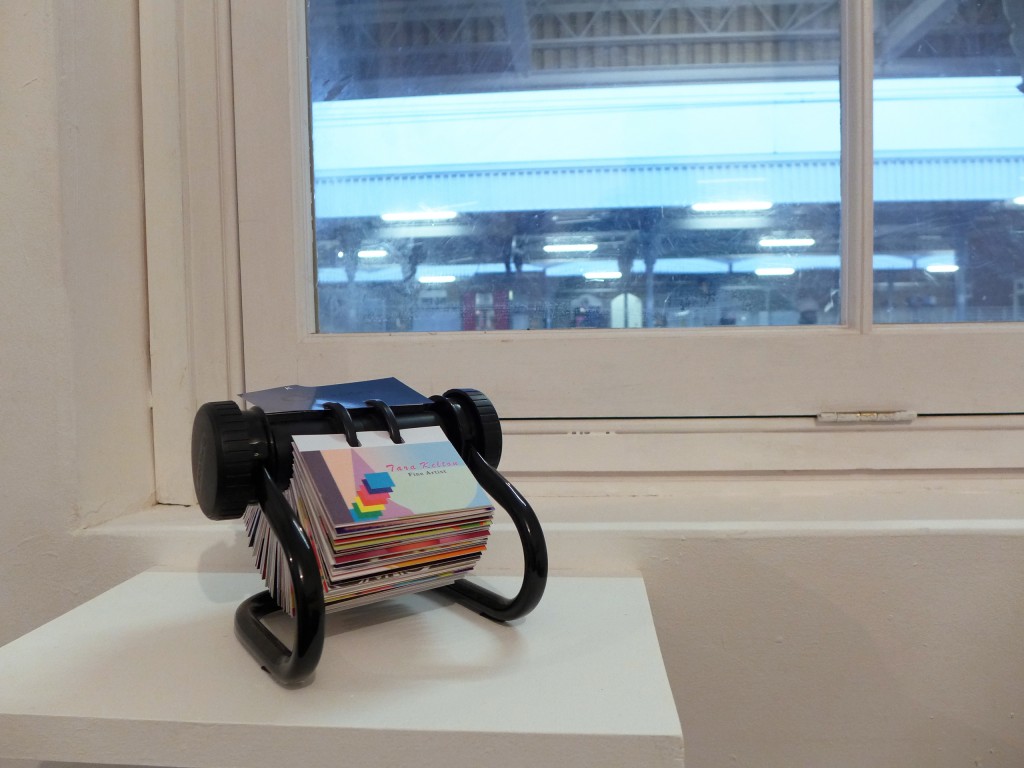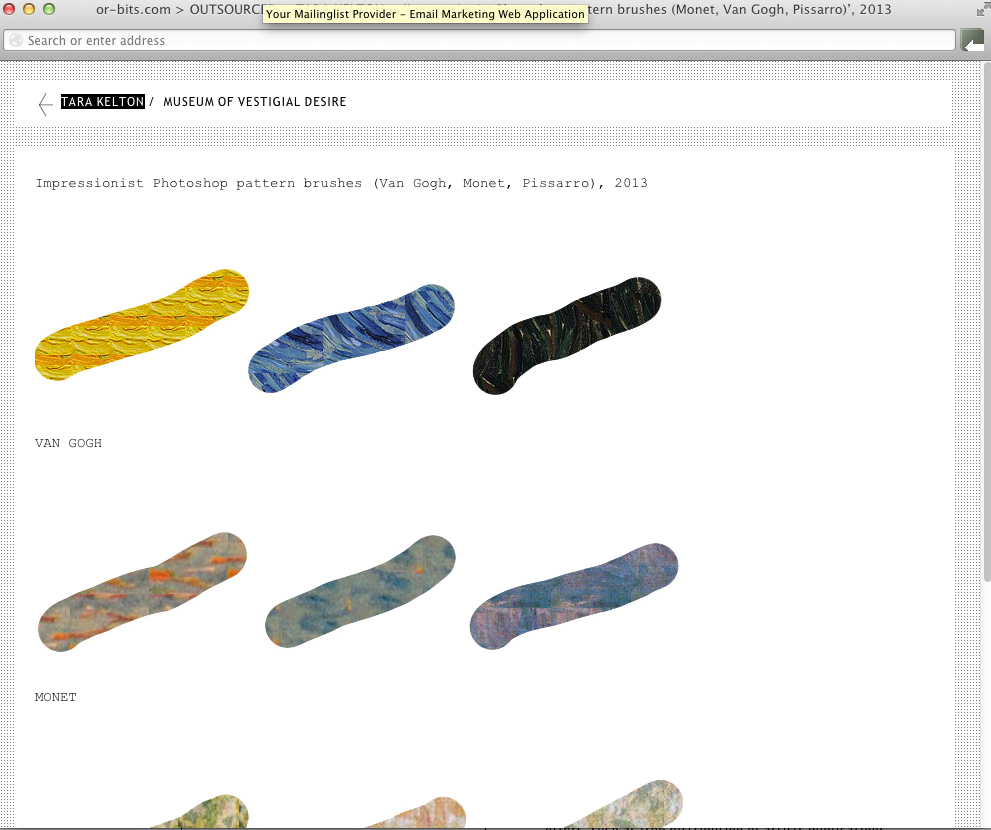OUTSOURCED is a two-part exhibition project organised for Banner Repeater’s serial publication UN-PUBLISH*.
Through presenting two consecutive solo projects by graphic designer/artist Tara Kelton and co-director of Museum of Vestigial Desire, Prayas Abhinav, UN-PUBLISH: OUTSOURCED explores the notion of outsourcing in its relationship with the users’ cultures and logics emerging from communicating through web-based services and online platforms. Contributing to Banner Repeater’s UN-PUBLISH serial publication, and in conjunction with the multiple modes of dissemination of artworks that Banner Repeater offers, such as free distribution of artists publications from the reading room and public space of Platform 1 at Hackney Downs rail station in London, Kelton and Abhinav have developed two new bodies of work to be experienced from different locations: Banner Repeater, the UN-PUBLISH publication and or-bits.com.
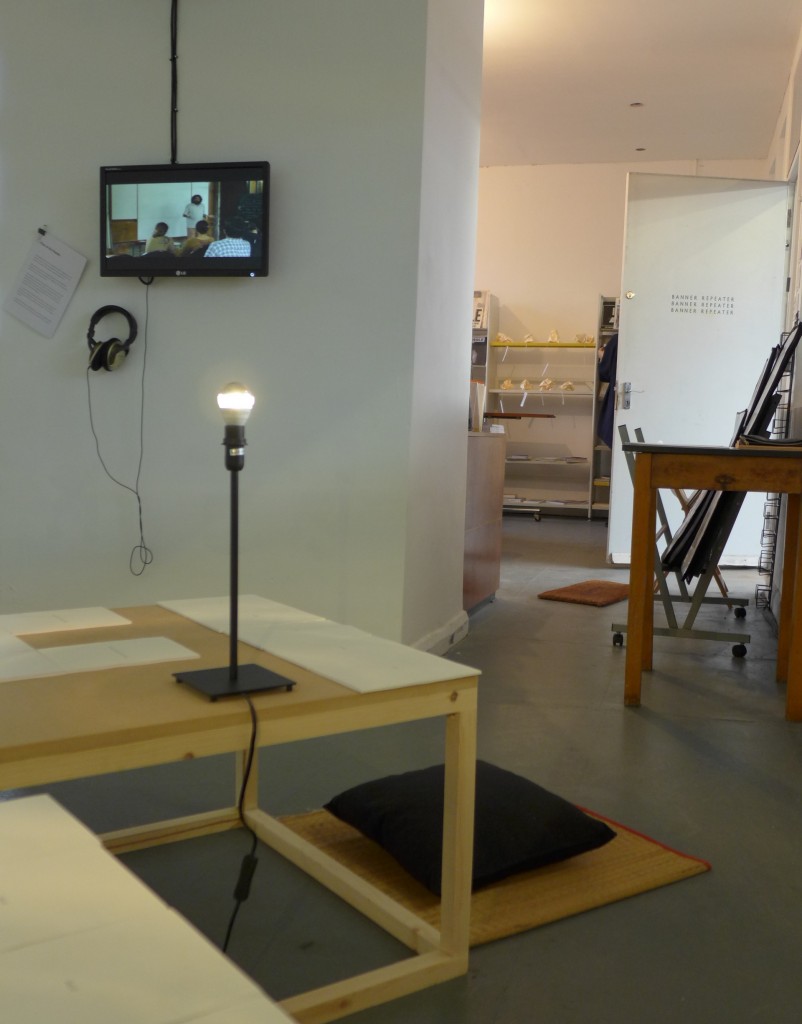
Clockwise: Rise of the reader, Prototype of the Museum of Vestigial Desire shop (background) and The Reading Laboratory, 2013; installation shot
The Museum of Vestigial Desire is an online platform funded and co-directed by Prayas Abhinav in collaboration with Alishan Shahibaug. The Museum is a textual presence, a publishing entity which seeks to enable access to residual particles of human desire which have been cached at remote sites and are made available locally via software on a web browser. Its function is that of a portal which enshrines these fragments of desire in language, thereby confronting the contemporary culture of the visual which continuously shapes our forms of communication, and thus our drives and the manifestations of our selves.
In a time when the ever-changing aggregations of images created by corporations are incessantly distributed and mediated by technological devices, the Museum of Vestigial Desire asks its audience to take a step back and replace the act of envisioning through images with that of seeing through reading; questioning our assumptions about the faculty of vision. For UN-PUBLISHED: OUTSOURCED, the Museum of Vestigial Desire, maintaining its original essence as a feed of text, will invite the viewer to break with the current ever-morphing flux of cultural material and instead to sit and read, to stop and listen.
As a guest presence inhabiting different contexts of display – the project space at Banner Repeater, the UN-PUBLISH 2.05 publication and or-bits.com – the Museum will speculate upon a future age in which there might be “nothing to show, nothing to see and nothing to disclose”. It will perform itself by enacting a new episode of browsing activity, offering a reading experience of its published books, journals and videos. This new episode of browsing, as a whole,
will propose reflections upon the ways in which “reading without seeing” might materialise and potential modes of being without being seen; it will disclose a system constructed by the museum’s directors by performing a process of cultural analyses upon human desires. This system, as an interconnected display, might then reveal how human desires are often formed around the false emotions generated by the visually-driven and automated interactions which are so common in our technologically-driven society. Desires and drives will be stripped down to their essence through language, which is employed here as a possible vehicle to awaken real emotions.
Download Press Release and list of works.
UN-PUBLISHED: OUTSOURCED
Part one:
Karizma by Tara Kelton
14 Sept – 13 Oct 2013; PV Friday 13 September 2013, 6 – 8:30pm
Part two:
Museum of Vestigial Desire by Prayas Abhinav
19 Oct – 17 Nov 2013; PV Friday 18 October 2013, 6 – 8:30pm
at Banner Repeater project space, UN-PUBLISHED paper 2.04 and 2.05 respectively (distributed on Platform 1 at Hackney Downs rail station) and or-bits.com
This project was supported by Banner Repeater with funding by Arts Council England and Chelsea Arts Club Trust.
